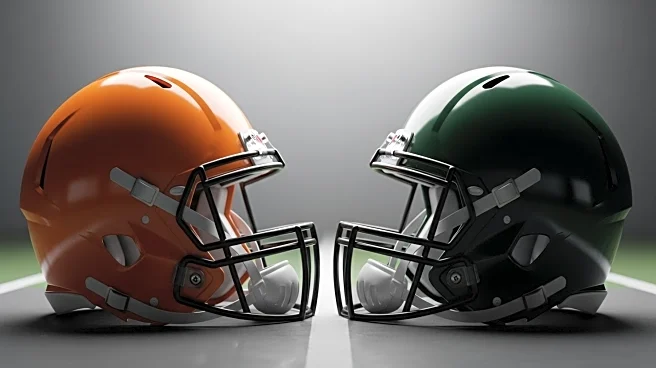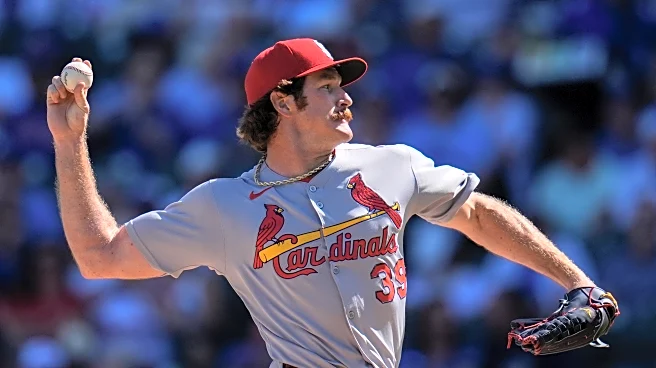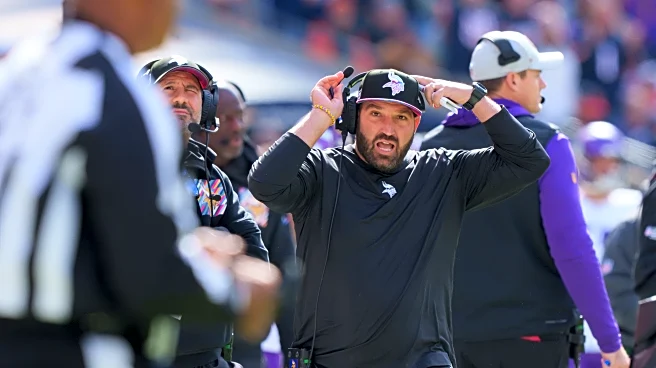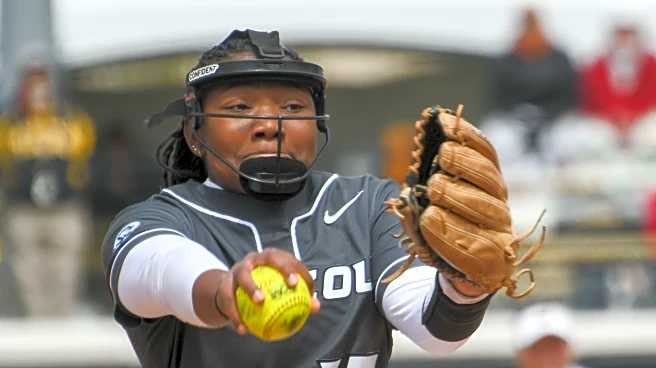What's Happening?
Chad 'Ochocinco' Johnson, a retired NFL wide receiver, is grieving the loss of his former Cincinnati Bengals teammate, Rudi Johnson, who passed away at the age of 45 in South Florida. During a podcast episode with Shannon Sharpe, Johnson expressed his sorrow over not being able to bid farewell to his friend. Rudi Johnson, who played alongside Ochocinco from 2001 to 2007, was remembered for his contributions to the Bengals and his popularity among teammates. The Miami-Dade Sheriff's Office is investigating the death as a suicide, with no evidence of foul play.
Why It's Important?
The passing of Rudi Johnson highlights the ongoing concerns surrounding mental health issues among former athletes, particularly those who may have experienced Chronic Traumatic Encephalopathy (CTE). This event underscores the need for increased awareness and support for mental health in the sports community. The emotional impact on teammates and fans reflects the close-knit nature of sports teams and the lasting bonds formed during their careers. The tribute from Bengals president Mike Brown emphasizes the significance of Johnson's legacy within the team.
What's Next?
The investigation into Rudi Johnson's death may lead to further discussions on mental health support for athletes, both during and after their careers. Sports organizations might consider implementing more comprehensive mental health programs to address the challenges faced by players. The Bengals and the broader NFL community may continue to honor Johnson's memory through tributes and initiatives aimed at raising awareness about mental health issues.
Beyond the Headlines
The potential link between CTE and mental health struggles among former athletes could prompt ethical and legal discussions regarding player safety and long-term health care. The sports industry may face increased pressure to address these concerns and ensure the well-being of its players. Cultural shifts towards prioritizing mental health in sports could lead to changes in training, support systems, and public perception of athlete welfare.











